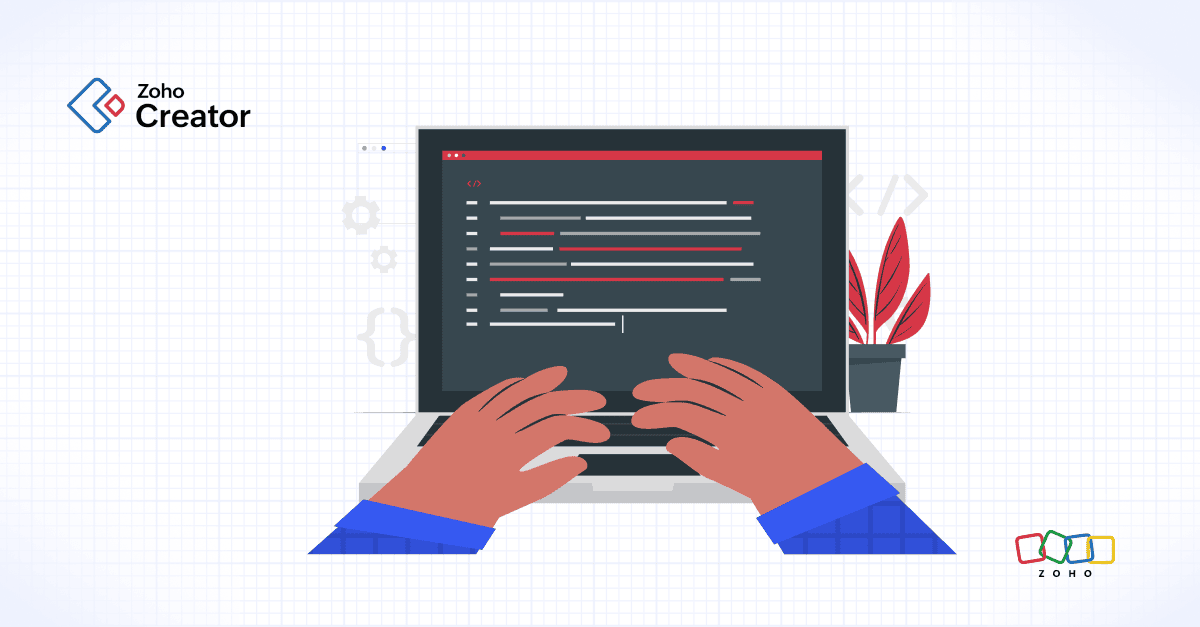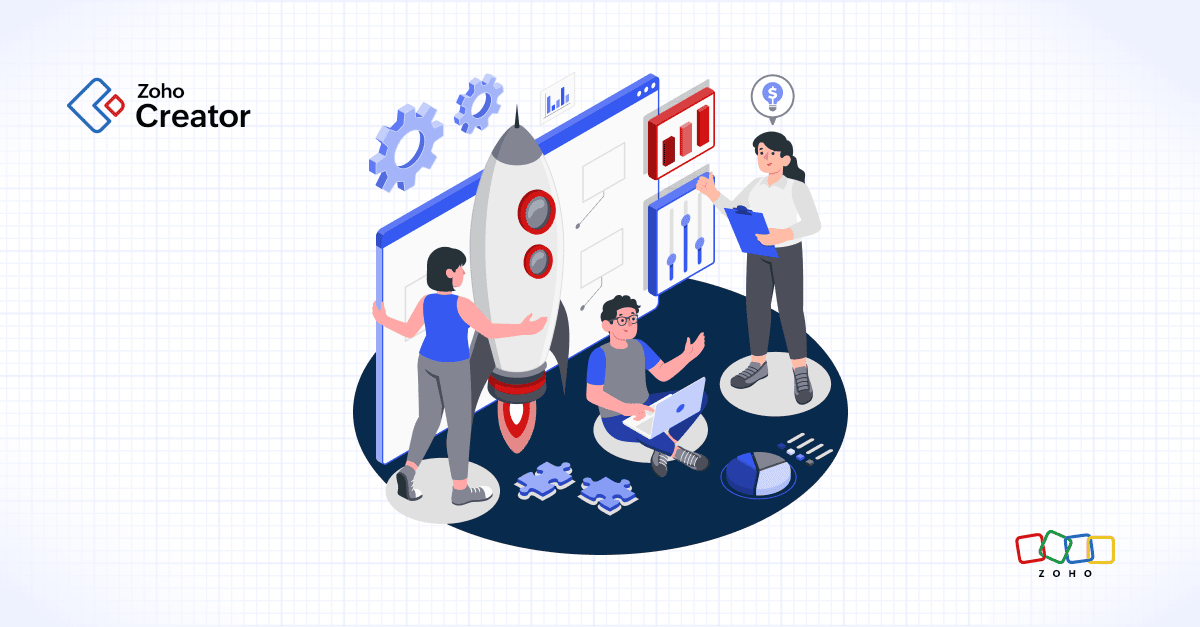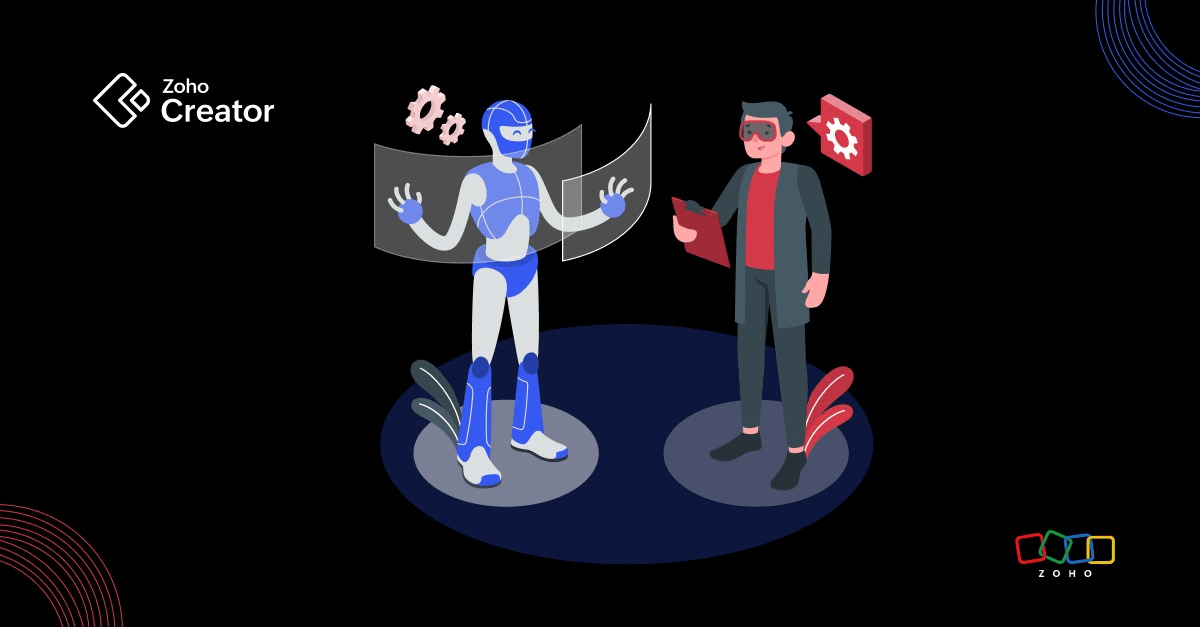- HOME
- Know Your Tech
- 8 questions to ask yourself when selecting a legacy modernization method
8 questions to ask yourself when selecting a legacy modernization method
- Last Updated : April 20, 2023
- 4.1K Views
- 3 Min Read
What is legacy modernization?
Any software/application or platform that’s considered outdated, but is still in use, is called a legacy system. Legacy modernization is the process of upgrading or improving these systems that are in use, with the help of modern solutions to support future digital endeavors.
Are your aging legacy systems and applications hampering your ability to deliver innovative products and services?
Rather than using outdated software, you can take advantage of legacy modernization through advances in platform and software innovations with your existing investments within the legacy environment.
Choosing the best legacy modernization method
To make reasonable decisions on their unique transition to modernization, decision-makers need a solid understanding of what the different legacy modernization approaches are, the pros and cons for their organizations, and the process involved. In addition, different organizational factors should be considered when selecting your modernization approach:
1. What are the technical skills that currently exist in your organization? It doesn’t make sense if you upgrade your legacy systems only to find out that no one is aware of how to operate the newer system. You should choose a system that can fit in with the current technical skills available.
2. How soon do you need the modernized solution and is it a priority? Some organizations plan ahead of time, choose to allocate a specific budget for their upgrade, and switch in one go, while others implement the conversion phase by phase. This depends on how urgently you need to upgrade your legacy systems.
3. What business information does the legacy system contain that provides your organization with its competitive advantage? Based on this, you can make the important decision of what kind of modernization option you’d like to choose.
4. Have you selected the platform(s) you want your modernized solution to run on? It’s crucial to find the best platform for your modernization to run on. A lot of research is required to find the perfect fit, so ensure you have plenty of good options.
5. How flexible is your decision? This can be answered by whether you’re looking for a permanent fix for your legacy systems or a solution that can be altered and modified later on.
6. What different types of integration needs do you have? Integrations are crucial for some organizations, while others may not require them. Trying to figure out what integrations you’d like with your modernized solution can help in choosing an ideal platform.
7. Is your legacy system currently supporting your organization? Or is it inactive? This is to assess whether any part of your legacy system can be retained, or whether a complete replacement is required. It’s not always necessary for the entirety of your legacy system to go.
8. How often do you need to implement business process, regulatory, compliance, and technology changes? Security is without a doubt a vital factor in an organization’s health. Making sure you’re always up to date with regulatory and compliance changes makes sure you stay ahead of your competitors.
Answering these questions will provide you with crucial organizational details that will help you select from a variety of commonly used modernization approaches.
When looking at your options, it’s also important to keep in mind that the best solution for your unique situation may be very different than the solution that works best for another organization. No two organizations have identical technology and application portfolios.
So, are you ready to start on the path to modernizing your legacy software? Using a customized modernization approach, with proper planning and the right people on your team, will put you on the path to success.
With constant upgrades aimed towards optimal outcomes, a low-code application platform should be your tool of choice for migrating your legacy systems. The development team at Zoho Creator is experienced in modernizing legacy applications and working with clients who have complex environments. Put your next modernization project on the path to success—start a conversation with our development team now.
 Szhruthi Boopathy
Szhruthi BoopathyPassionate product marketer specializing in low-code and AI-powered app development. When I'm not crafting compelling content and video collaterals, you'll find me immersed in the world of painting or lost in a good book.



